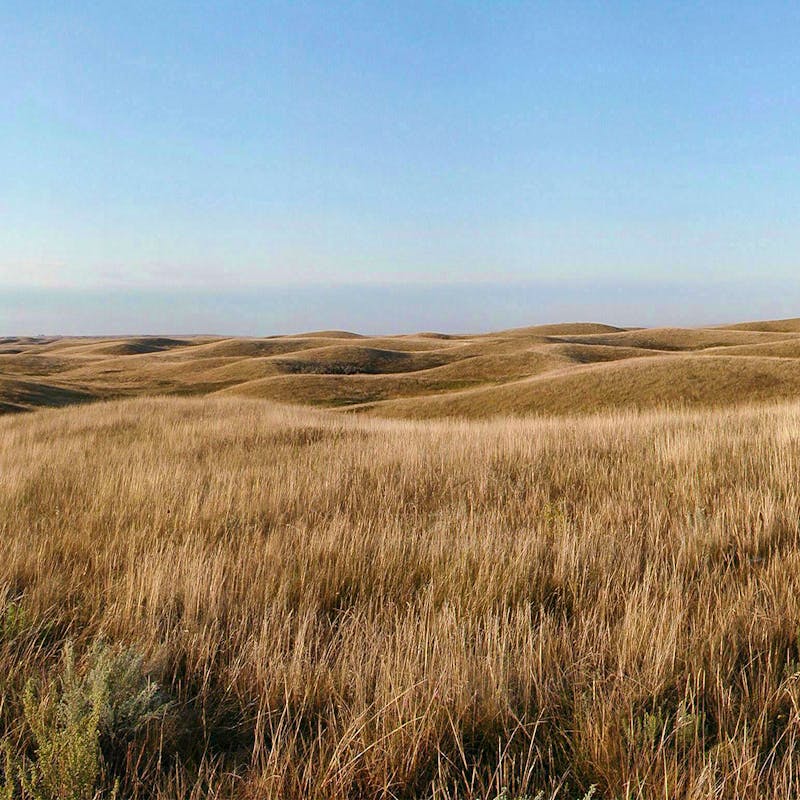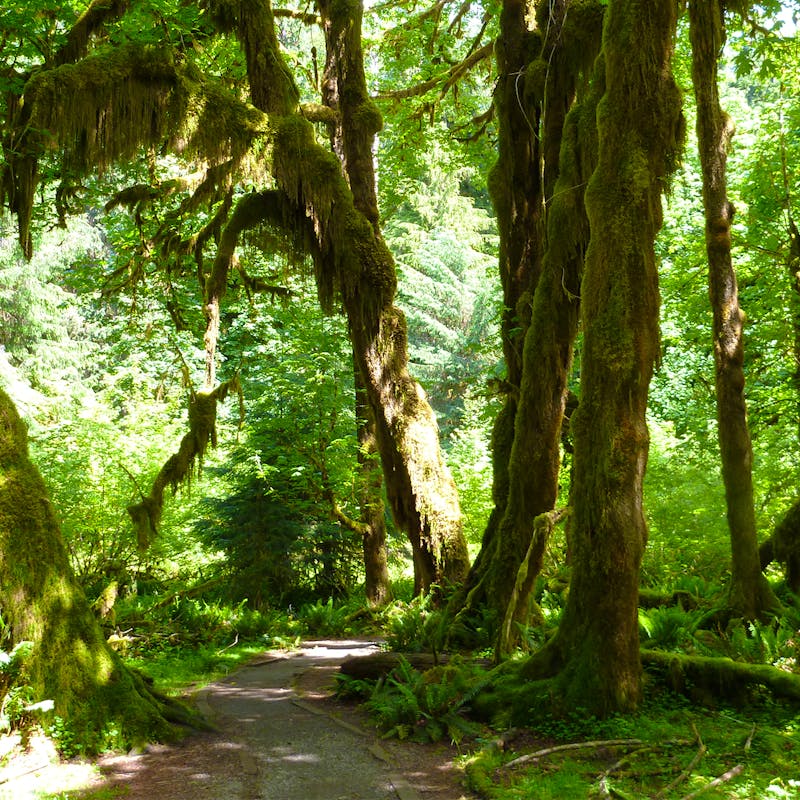U.S. federal public lands are perhaps one of the best expressions of our nation’s democratic principles, and like our democracy, they are not immune from existential threats. As the above quote by Teddy Roosevelt illustrates, our national forests, parks, refuges and other public lands and the wildlife and resources therein are our responsibility. Roosevelt warned us of “unprincipled” special interests that seek to exploit our lands and resources for short term gain. Our 26th president would recognize those threats today.
In 2017, the White House issued Executive Order 13783 directing federal agencies to identify policies and regulations that posed a “burden” to the production of fossil fuels, including on federal public lands. The administration touted this policy as “energy dominance,” in effect declaring that energy development would be the dominant use on U.S. public lands and waters, prioritized over the provision of wildlife habitat, clean water, cultural heritage, outdoor recreation and climate mitigation.
The Forest Service, the bureaucratic steward of our national forests and grasslands, responded to the Order and determined that the agency regulation governing the development of oil and gas resources was a burden to the fossil fuel industry and a barrier to drilling for fossil fuels on our national forests. This September, the Forest Service issued a proposed rule outlining their rollbacks to the regulation, telling the public that relaxing the regulations would make oil and gas drilling in our forests more “efficient” - in other words, more prevalent and easier to accomplish.
To elevate oil and gas drilling on national forests and “unburden” the fossil fuel industry, the Forest Service is diminishing or outright ignoring other uses and mandates, including the conservation of imperiled species. The proposed rule cuts the public out of the process for leasing oil and gas and shortcuts environmental review. Specifically, the proposed rule would:
- Cut the public out of the process that decides whether and which national forest lands will be opened to oil and gas drilling.
- Allow the Forest Service to skip important and necessary environmental reviews for leasing decisions and ignore environmental considerations when approving drilling plans.
- Make it more difficult for the Forest Service to stop bad lease sales by removing the Forest Service’s existing authority to say no to Bureau of Land Management-proposed leases.
- Limit the Forest Service to only protect specific, named natural resources and ignore opportunities to address climate change or protect vital wild places.
- The bottom line is that this rule is yet another handout to the oil and gas industry at the expense of wildlife, our climate and our forests.
Defenders evaluated the impacts the revisions would have on threatened and endangered species listed under the Endangered Species Act (ESA), and we found significant overlap among areas likely to experience increased oil and gas development and imperiled species habitat. Our analysis illustrates that ramped up oil and gas development on national forests could thwart the conservation and recovery of more than 100 species listed under the ESA.
Endangered wildlife in several states would suffer the consequences. More than two dozen federally listed species in Arkansas, Colorado, Louisiana, Montana and Nevada are at risk from this “oil and gas first” rule. In Colorado, these include the Canada lynx, greenback cutthroat trout, Gunnison sage-grouse and Mexican spotted owl that depend on healthy forest habitats in the Routt, White River, Grand Mesa, Uncompahgre, Gunnison and San Juan national forests.
What would Teddy Roosevelt think? He’d probably say that this misguided rule is an affront to the democratic principles that are foundational to our obligation to steward and conserve natural resources on federal public lands. Relaxing oil and gas drilling rules to favor special energy interests over other uses and values within our national forests – including imperiled wildlife, clean drinking water and environmental justice – is bad public policy and undermines the democratic principles that are foundational to our obligation to steward and conserve natural resources on federal public lands. I’d think Teddy would tell the Forest Service to stop catering to an unprincipled minority and double down on stewarding the public’s lands for the public interest – to preserve and protect our natural heritage.
Please join Defenders in opposing these misguided regulations.
Stop the Forest Service’s giveaway to Big Oil!
Say no to the Forest Service’s attempt to turn over even more public land to Big Oil while cutting us out of the process. Add your signature before November 2nd!















Follow Defenders of Wildlife
facebook bluesky twitter instagram youtube tiktok threads linkedin